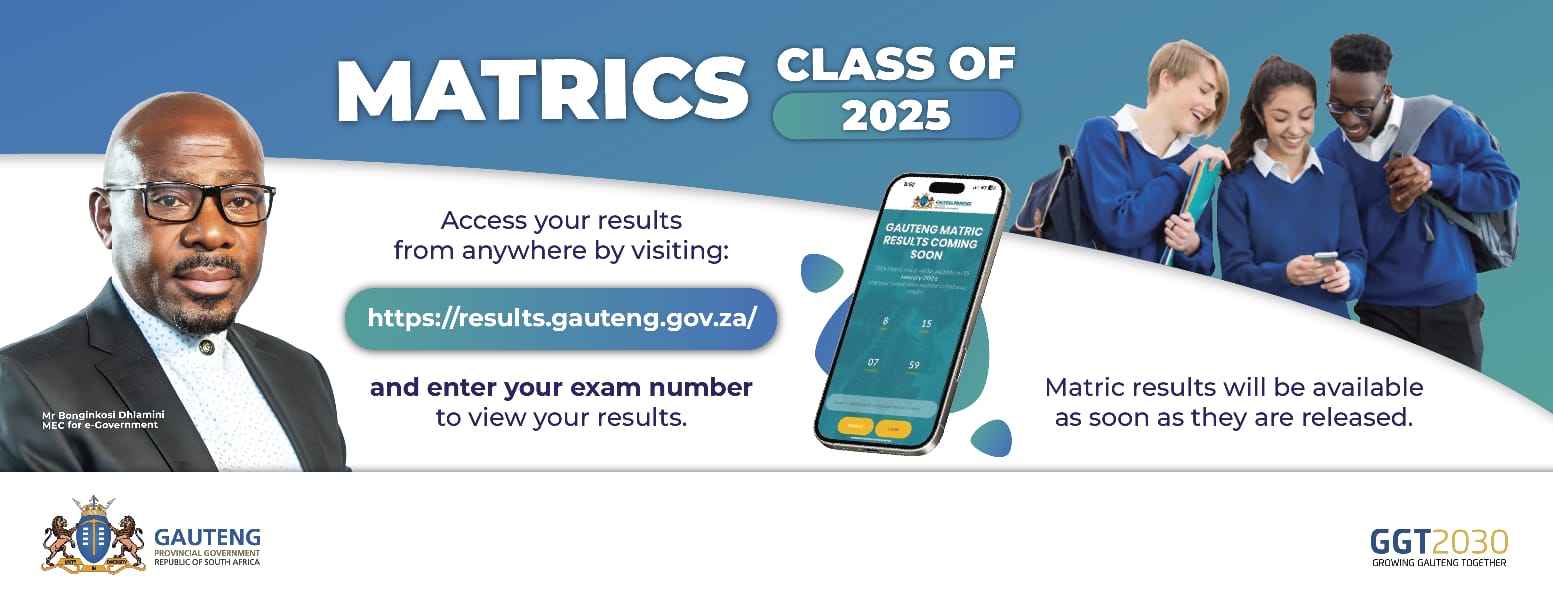Easy tips to help you stay sharp and shop smart over Black Friday and the festive season
Many South African senior citizens have spent decades working hard, saving diligently, and investing wisely to build a secure financial future. Retirement should be the time to enjoy the fruit of their labour, without worrying about losing it all to fraud. But during the festive season, scammers are more active than ever, targeting those who can least avoid the loss.
“Leading up to high-volume shopping periods like Black Friday and the festive season, we want our customers – especially senior citizens – to enjoy the ease and security of using our safe payment solutions”, says Chris Boxall, FNB Head of Card Transact, Industry and Fraud Detection. “We know that excitement over this time of year often drives higher retail spend, but we urge our customers to remain cautious and extra vigilant. By staying alert, they can avoid falling victim to fraud when shopping in-store and online.
”Zibu Nqala, CEO of FNB Points of Presence, echoes the sentiment, adding, “Many South Africans, including senior citizens, still prefer the convenience of using cash rather than physical bank cards, virtual cards, or even wearable devices. These customers also rely on easy access to our in-branch and offsite points of presence for cash withdrawals. However, a ‘cash is king’ mindset can leave people more vulnerable to fraud. That’s why we continually remind our customers that fraudsters are always finding new and smart ways to scam them. Awareness is your strongest defence against fraud, staying informed and alert, can help make this festive season safe and worry-free.
”Boxall and Nqala share easy safety tips to help our retirees outsmart scammers ahead of Black Friday and the festive season:
• Be on high alert when using your physical bank card or virtual card
FNB makes payments easy and secure for customers wherever they are. One of the biggest advantages of our virtual card, with over 5.3 million already active as of May 2025, is the added protection for online purchases. The FNB virtual card has a dynamic CVV, it’s temporary, and can be created for specific merchants or scenarios which can be locked immediately after use.
However, if you lose your physical bank card, report it and block it immediately by calling FNB’s official number – 087 575 9444.
“Our customers’ safety and peace of mind comes first. That’s why we’re focused on protecting them from fraudsters, while continuing to innovate our payment solutions that support their needs and evolving financial journeys,” explains Boxall.
• Take note of the red flags when using the ATM or parking stations
As the year draws to a close, we often see a surge in cash withdrawals – whether for buying road trip refreshments or stocking up for family braais. Unfortunately, this seasonal spike also tends to coincide with a rise in ATM and Card-related fraud attempts and attempts at Card swapping at ATM’s and parking stations alike.
“Even though FNB data shows a 3% reduction in cash related transactions year-on-year, we expect this trend to continue as more customers embrace digital channels. However, there are still many customers who still use cash to facilitate their payments. Customers are urged to exercise caution and remain vigilant when withdrawing or depositing cash at ATMs, also when using a card to make payment at parking ticket stations,” adds Nqala.
Stay safe by following a few important safety precautions when making ATM and parking stations transactions;
o Never accept help from strangers and always remain vigilant to Stand as close as possible to the ATM or parking ticket machine when transacting and never let anyone stand close or distract you whilst transactingo When transacting, cover the ATM or parking ticket machine keypad with your hand as scammers can place cameras to record your PIN as you punch it ino Do not enter your PIN on a screen that is unfamiliar to youo Carefully read the instructions on the ATM screen before entering your PINo If the ATM screen appears unusual, refrain from entering your PIN; rather cancel the transaction insteado Check your statements regularly and report any suspicious transactions immediately.
• Never download unknown apps
Your personal device may have built-in security features like biometrics and passcode. Always ensure that your phone is locked after making contactless payments so you can transact again in future with peace of mind. Be careful of the apps you download. Unsecured or unfamiliar apps can expose you to fraud risk. These apps often look a lot like legitimate well-known e-commerce and retail platforms, tricking you into entering your payment details or making purchases that never arrive.
The same can be said about websites. Therefore, to avoid falling victim to these scams, always verify the legitimacy of any website by searching for it on Google and carefully checking the URL for spelling errors or unusual formatting. Only proceed once you’re confident that the site is genuine.
• Spot the signs of phishing, smishing, vishing and quishing
It’s especially important for seniors to avoid clicking on links in messages or emails that seem suspicious or come from people you don’t know. These are often traps that fraudsters use to lure you into phishing, smishing, vishing, and quishing scams.
Here are some easy definitions to help you recognise when something is not right.
o Phishing: A scam where you receive fake emails or messages pretending to be from a trusted source, like abank, asking you to click a link or share personal information.o Smishing: This is the use of text messages purportedly from reputable institutions to trick people into disclosing similar information.o Vishing: A phone scam where someone pretends to be from your bank or another trusted organisation to pressure you for sensitive information such as card numbers, one-time PINs (OTPs), usernames, or passwords.o Quishing: A new scam that uses fake QR codes to direct you to fake websites designed to steal your information and money.
It’s important to remember that no legitimate bank representative will ever ask you to share sensitive information like your PIN, passwords, or OTPs to verify your identity. If you’re asked to do so, it’s a red flag. Sharing these details, even if the request seems urgent or convincing, can lead to unauthorised access to your accounts and serious financial loss. Additionally, the bank will never ask you to validate your KYC information by following a link or sending these details via SMS.
“We’ve made it our responsibility to go the extra mile and work around the clock to monitor scams and fraudulent activity through a multi-layered security approach. At the same time, we’re making it easier for our customers to transact in ways that suit their needs,” concludes Boxall.
Apiwe Mjambane
Soweto Sunrise News

































